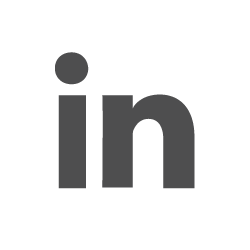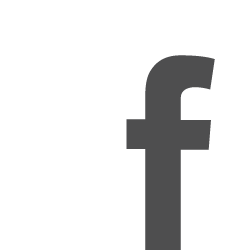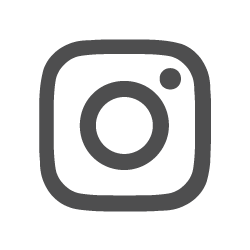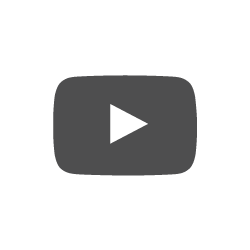Pro Tip for Success: Minimize Unnecessary Distractions
Imagine the following scenario: You’re in the middle of a project that’s due tomorrow when a teammate walks by and asks for help. You leave your desk and spend the next 45 minutes helping them troubleshoot an issue. When you finally return, you find there are five new emails in your inbox. After sifting through them for close to half an hour, your manager stops by and asks if you can jump into a quick meeting. As you listen and take notes, you realize this meeting is going to take longer than you thought. By the time you’re able to get back to your project, three hours have passed and you’ve forgotten where you left off.
Sound familiar?
The workday is full of distractions that can cause you to miss deadlines or forget projects entirely. Thankfully, there are some strategies that can help you stay focused. Read on for tips to help minimize distractions so you can increase your productivity and check everything off your to-do list.
Filter Notifications
Connecting through email, texting, and social media can be a wonderful thing, but it can also be a huge distraction. Try filtering notifications on your mobile phone – only allowing alerts for urgent, necessary messages – and schedule dedicated time throughout the day to briefly check any notifications you missed.
Just like the scenario above, work email can also be a huge distraction. But you don’t have to respond to every email right away, especially if you’re in the middle of an important task. Similar to your phone’s notifications, filter your email notifications. Decide which types of emails you need to respond to right away, even if you’re in the middle of something (i.e., emails from your supervisor or an important customer). Change your inbox’s settings to only notify you when you receive these emails.
When you check your inbox throughout the day, make a quick decision to either respond immediately or flag to follow up later. That way you get the most important tasks out of the way and can get back to work.
Schedule Your Day
Start by asking yourself, what do I need to accomplish today? If you’re overwhelmed, write all your tasks down and then sort them based on priority — urgent, somewhat urgent, and not urgent. Schedule high-priority tasks for the times of day when you know you’ll be the most efficient. For many people, this is first thing in the morning before they check their email. Schedule somewhat urgent and non-urgent tasks around these so you can get a break between projects.
It’s also a good idea to schedule specific times to check your email so you’re not constantly checking and getting distracted. Some find it easiest to ignore their inbox for the first couple hours of the day, while others like to check first thing in the morning. Find what works best for you.
If you’ve been procrastinating on a project or task, schedule a short block of time solely dedicated to it. Start a timer for 15-20 minutes and get to work. If the timer goes off, but you’ve found your rhythm and would like to keep working, go ahead. If not, take a break and work on something else — but hey, at least you started on it.
Just as you schedule a time to get tasks done, it’s important to schedule some breaks between projects. Get a drink of water or another cup of coffee. Walk a quick lap around your building. Grab a healthy snack. Scheduling time to reenergize is essential to staying on task.
Plan for Unexpected Interruptions
Even if you plan out your entire day, only check your phone during scheduled breaks, and ignore unnecessary emails, there will still be interruptions that will knock you off track. Your manager may spring an unexpected meeting on you, a coworker may have a question that needs answered, or a last-minute project might fall into your hands. Just as you filter through your digital notifications, it’s important to filter through these distractions, as well. You may not be able to ignore them entirely (we definitely don’t recommend ignoring your manager, a coworker, or a top-priority project), but having a plan in place will help keep the distractions from drawing you away from your work.
Obviously, if your manager asks you to do something, you should shift your focus and accomplish what they need. If you’re overwhelmed by other pressing projects, let them know, and ask if you can get some help from a teammate. They’ll likely be happy to pass off some or part of your projects to another coworker so you can accomplish the most necessary tasks. If a coworker stops by to chat about their weekend, kindly let them know you have a lot on your plate and say you’d love to catch up more over lunch or on your next scheduled break. If the chat is work-related, help them as much as you can, but if it goes longer than 5-10 minutes, ask them to set up a meeting to discuss the issue further, or direct them to someone else who can help.
By implementing these three strategies, you’ll be well on your way to successfully keeping the distractions at bay. Interested in learning more about Reynolds? Visit our careers page.






